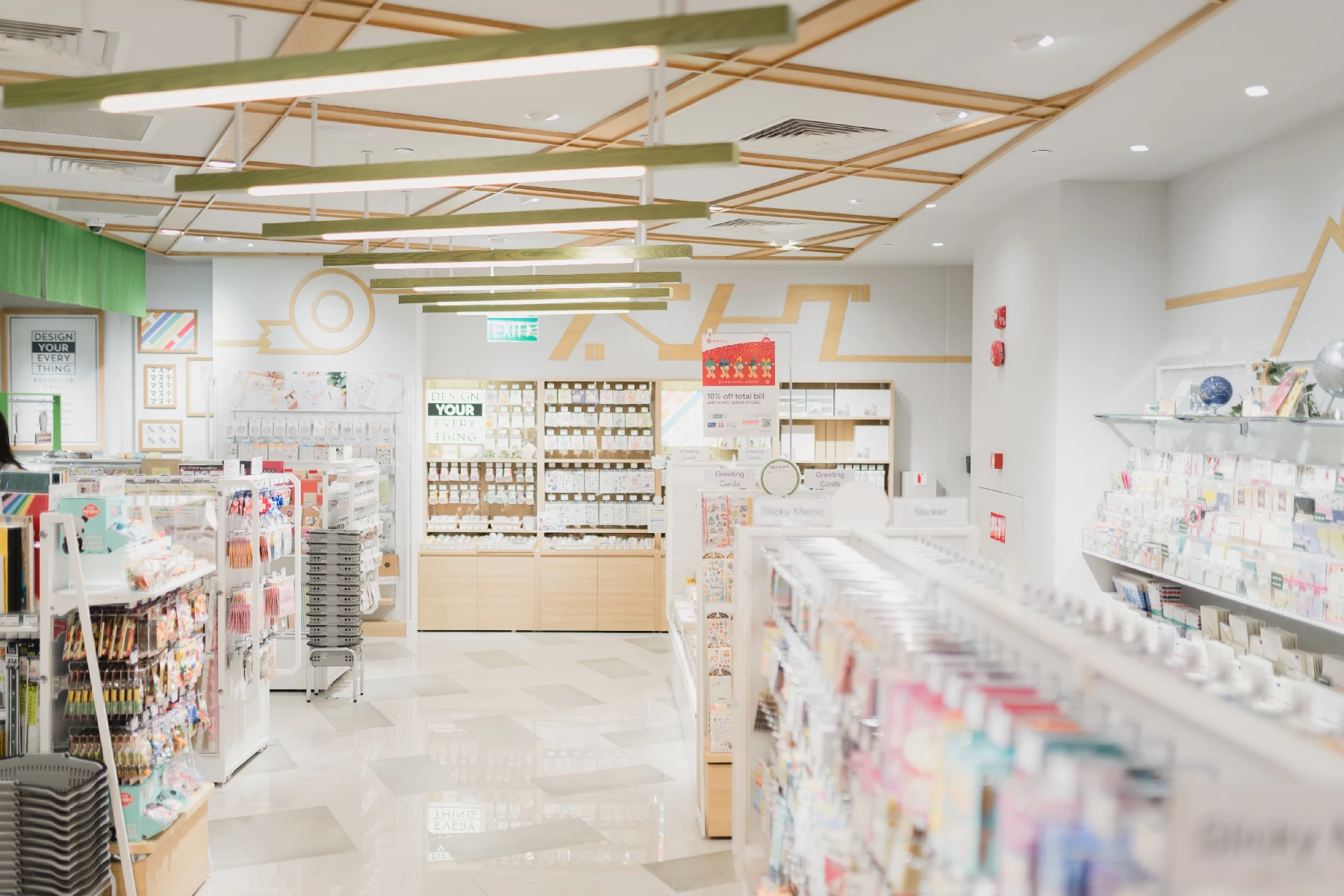The Global Digital Health Observatory Report is the study conducted by the world’s leading association of public relations firms: Worldcom Public Relations Group.
This research shows how the world’s leading pharmaceutical companies are not taking advantage of the opportunity to connect through the implementation of social media.
In the 2023 edition of Worldcom’s Global Digital Health Observatory, 25 different pharmaceutical companies have been selected based on their global reputation, size, geographic presence and application of 11 digital channels – such as Facebook, Instagram or TikTok – to see which pharmaceutical companies are best leveraging digital. The companies selected include:
- Roche Pharmaceuticals
- Novartis
- Janssen
- Merck KGaA
- Sanofi
The pandemic and successive crises have increased consumer expectations that companies should be more targeted. “Pharmaceutical companies in our country are missing out on the potential of online communication channels which, in a digitalised society and with an omnichannel consumer, are so important,” says Imma Folch, CEO and founder of LF Channel.
The main conclusions drawn from Worldcom’s Global Digital Health Observatory focus on the website, blogs, apps and social media channels.
On the one hand, with regard to the website, it is worth noting how not all companies have their own local website, but have a global one for all their areas. The average number of local sites is 20 out of a maximum of 25 countries.
While virtually all companies have global blogs, local blogs are still hard to find. A clear example of a company that does not take advantage of the opportunity to incorporate a blog into its strategy is Lonza. Sanofi, however, is the company that makes the most of the benefits of blogging.
Despite the low growth in blog usage, apps are on the rise, with all companies having “international” and even local “apps”.
In terms of social media usage, all of the pharmaceutical companies analysed in the report have international profiles on social networks such as Twitter and LinkedIn. Despite this, TikTok does not have a significant presence of pharma profiles, highlighting the significant missed opportunities for content creation to build trust and engagement with the younger audience who use the app on a daily basis.
Finally, to improve the return on investment in online communication, Worldcom Healthcare has drawn five recommendations:
- If you want to attract and retain talent, you have to communicate your why – the value your company offers that you want people to believe in – and your how – the different and special way you offer your why.
- Communicate the benefits of your products, not the products per se.
- Don’t be afraid to show your expertise or authority. Express your opinion through long-form content, such as opinion pieces, blogs or podcasts.
- Make sure you are ESG and DEI proof if you want to remain competitive and relevant, both as an employer and in the sector.
- Review your use of digital channels. Ask yourself whether you want to be relatively invisible on many channels or have a real impact on a limited number of channels.
You can find all the recommendations of the Worldcom Healthcare experts here by downloading the full study.
